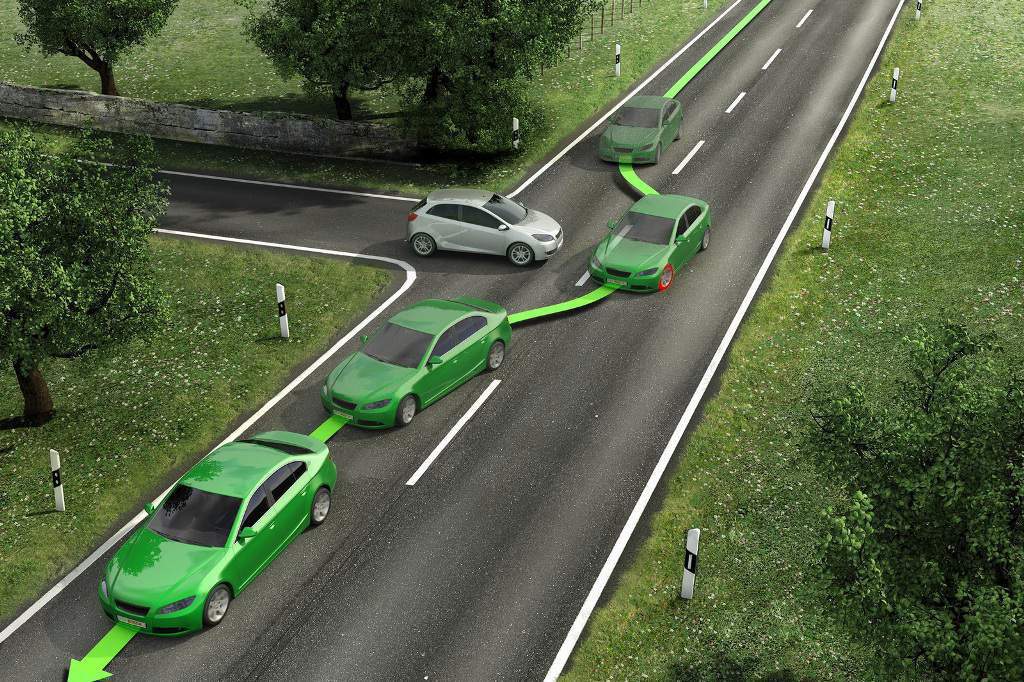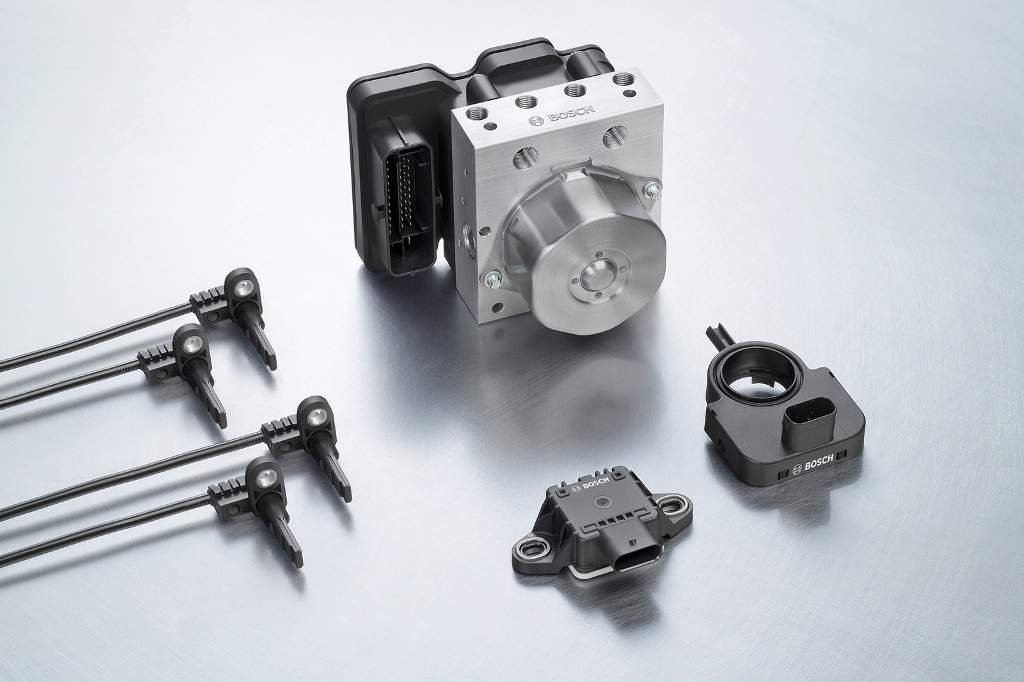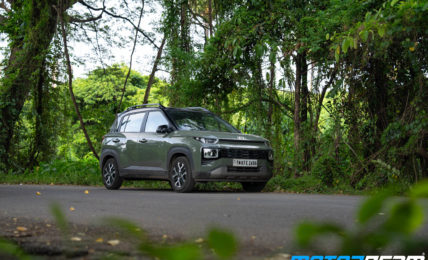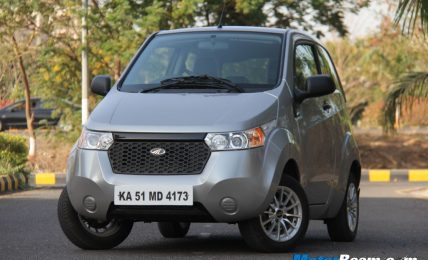ESP will be now be mandatory on all newly registered vehicles and light commercial vehicles in Europe, while the regulation will be mandated for all other vehicles by the end of next year.

After US and Canada, Europe is now the third biggest market to have made Electronic Stability Program (ESP) mandatory on all its vehicles. With effect from 1st November, all newly registered passenger cars and light commercial vehicles under 3.5 tonnes will have to be equipped with ESP safety system in Europe, while the system will be extended to all other vehicles by the end of next year. Since the introduction of the ESP system in 1995, the technology has helped save over 6000 lives and 1,90,000 accidents across Europe, stated German component manufacturer Bosch, one of the leading provider of ESP systems for the automotive industry.
So what does ESP actually do? Electronic Stability Program identifies if the vehicle is losing traction on the road quickly and helps the driver to stabilise the vehicle by braking individual wheels and adjusting the engine output accordingly for improved control. Bosch has manufactured over 100 million ESP systems for several manufacturers since its production commenced in 1995. Furthermore, the manufacturer regards ESP as the most important safety system after seatbelts and even more important than airbags.
Currently, 84 percent of all new vehicles in Europe come equipped with ESP as standard, while the figure was limited to 59 percent for all new vehicles globally. In India, the concept of safety systems seems farfetched especially with most of our bestselling or popular cars failing miserably at European standard crash tests. While driver side airbags are now becoming more common, other crucial features like ABS is still seen on only the higher variants that too on certain models alone.
However, the Indian government has drawn up elaborate plans that will include a crash test facility, stringent compliance of safety systems on all new vehicles and revised Motor Vehicles Act. Earlier this year, the new government had also announced that safety systems like ABS and airbags will be mandatory on al -new cars by 2017, while child restraint systems and ESP are also being considered. We look forward to see when will these plans actually materialise and start making a difference on the roads.





